-

+86-577-57156888
-

-

+86-577-57155869
-

11th Floor, Building 6, Headquarters Economic Park, Yueqing, Zhejiang, China
Motor Starters: Revolutionizing Industrial Power Control Systems
Industry News-In the realm of industrial power systems, the motor starter has become an essential component for ensuring reliable and efficient operation. As industries grow more complex and demand for energy-efficient solutions increases, the role of the motor starter has evolved, offering advanced protection, control, and monitoring capabilities.
What is a Motor Starter?
A motor starter is an electrical device used to safely start and stop electric motors. It protects the motor and its circuit from electrical faults such as overloading, short circuits, and power surges. At its core, a motor starter controls the flow of electricity to the motor, ensuring that it starts smoothly, operates efficiently, and shuts down safely.
There are different types of motor starters, including direct-on-line (DOL) starters, star-delta starters, and soft starters, each suited for various motor applications. These devices are used across numerous industries, ranging from manufacturing plants and HVAC systems to mining operations and renewable energy facilities.
Key Benefits of Motor Starters
Motor Protection: The primary function of a motor starter is to protect the motor from damage due to electrical faults. These devices come equipped with various protective features such as thermal overload protection, short circuit protection, and phase failure detection. By ensuring that the motor does not run under hazardous conditions, motor starters help extend the lifespan of the equipment and reduce costly downtime.
Energy Efficiency: Motor starters, particularly soft starters, play a crucial role in improving energy efficiency. Traditional starters may cause a sudden surge of electricity when a motor starts, to energy wastage and mechanical stress. Soft starters, on the other hand, gradually ramp up the motor’s speed, reducing energy consumption and minimizing wear on the motor. This results in smoother operations and lower energy costs, making motor starters an essential tool in the push for sustainable energy solutions.
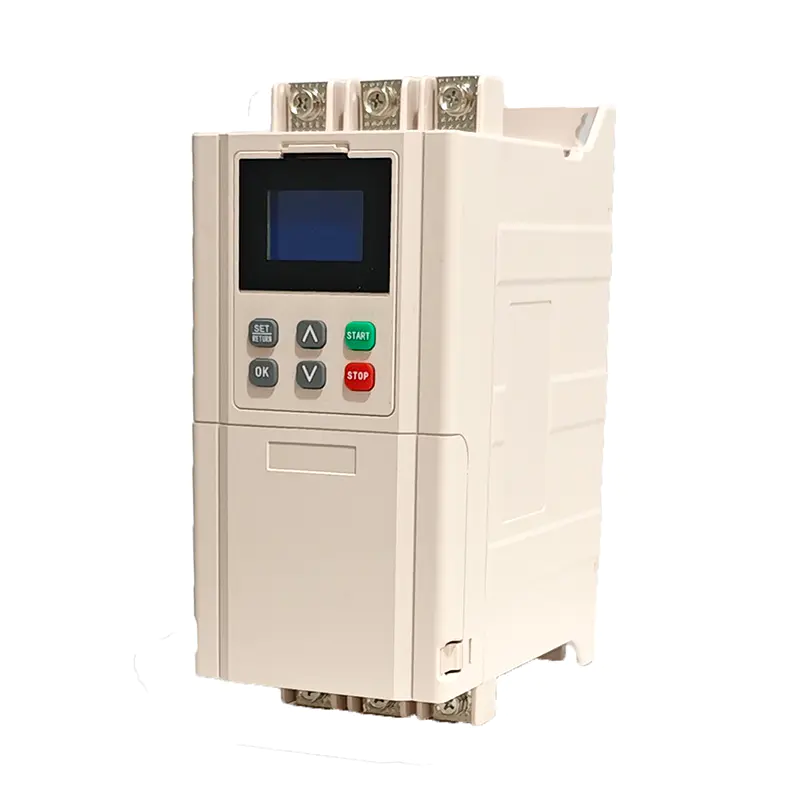
Smooth Operation: Motor starters ensure that electric motors start smoothly and operate without jerking or sudden movements. This is especially important in large machinery, where abrupt starts can cause mechanical stress on components and to premature wear. By controlling the rate at which the motor starts, motor starters reduce mechanical shock, ensuring that equipment operates more reliably and efficiently.
Enhanced Control: Modern motor starters are equipped with digital controls that offer advanced features such as remote monitoring, diagnostics, and customizable settings. These capabilities allow operators to monitor motor performance in real-time and make adjustments as needed. The ability to remotely control and troubleshoot motors can reduce maintenance time, improve operational efficiency, and prevent unplanned downtime.
Versatility Across Applications: Motor starters are used in a wide range of applications. In the industrial sector, they are found in conveyor belts, pumps, fans, compressors, and various other equipment. Motor starters are also integral to HVAC systems, where they help regulate air conditioning and heating units. Additionally, motor starters are used in renewable energy projects, such as wind turbines and solar farms, to manage power systems effectively.
Types of Motor Starters
There are several types of motor starters, each suited for different motor control needs:
Direct-On-Line (DOL) Starters: The basic type of motor starter, DOL starters are used for small motors. They are simple to install and operate, providing on/off control of the motor with built-in overload protection. However, they do not offer features such as speed control or energy-saving benefits.
Star-Delta Starters: Used for larger motors, star-delta starters reduce the starting current and minimize mechanical stress during startup. This type of starter is commonly used for motors in the 10 to 200 horsepower range, typically found in industrial applications such as pumps, conveyors, and compressors.
Soft Starters: As the name suggests, soft starters allow for a gradual increase in motor speed, reducing the mechanical and electrical stress associated with sudden starts. These starters are particularly useful for larger motors or applications where energy efficiency and smooth operation are paramount. Soft starters are commonly used in industries such as HVAC, mining, and material handling.
 English
English 中文简体
中文简体 عربى
عربى
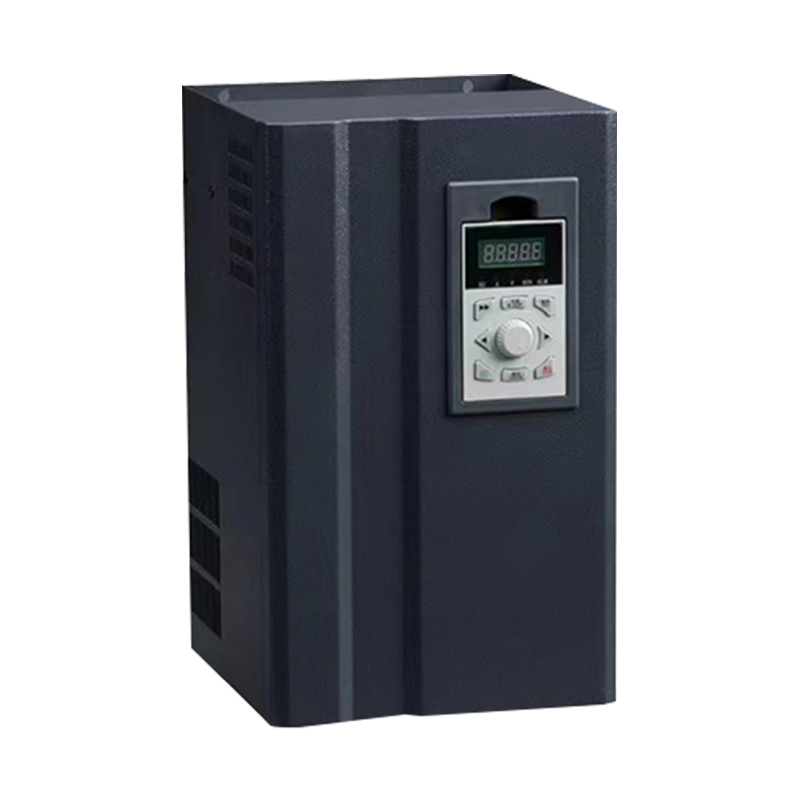
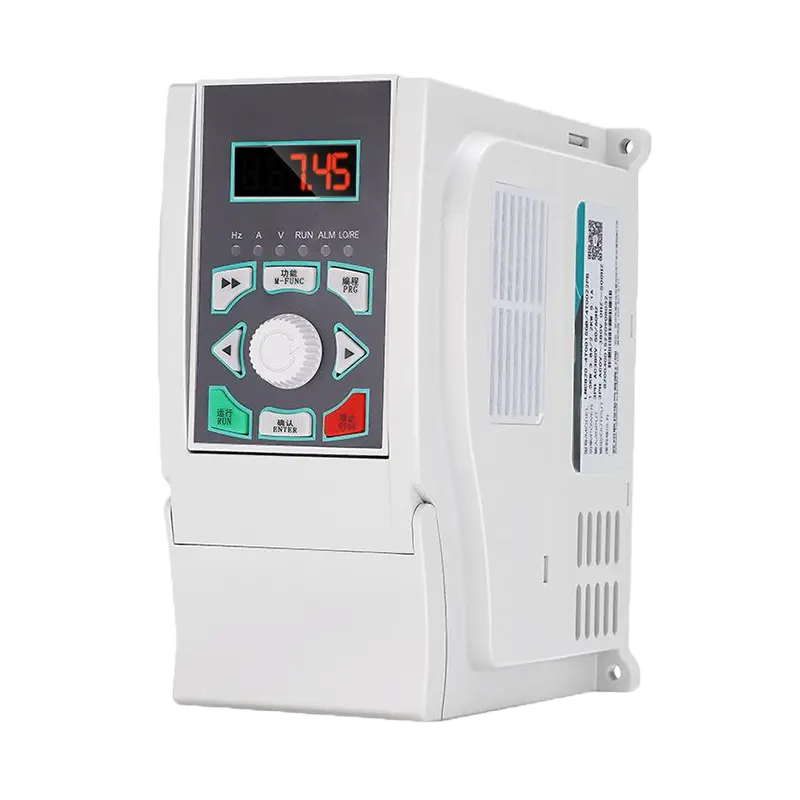
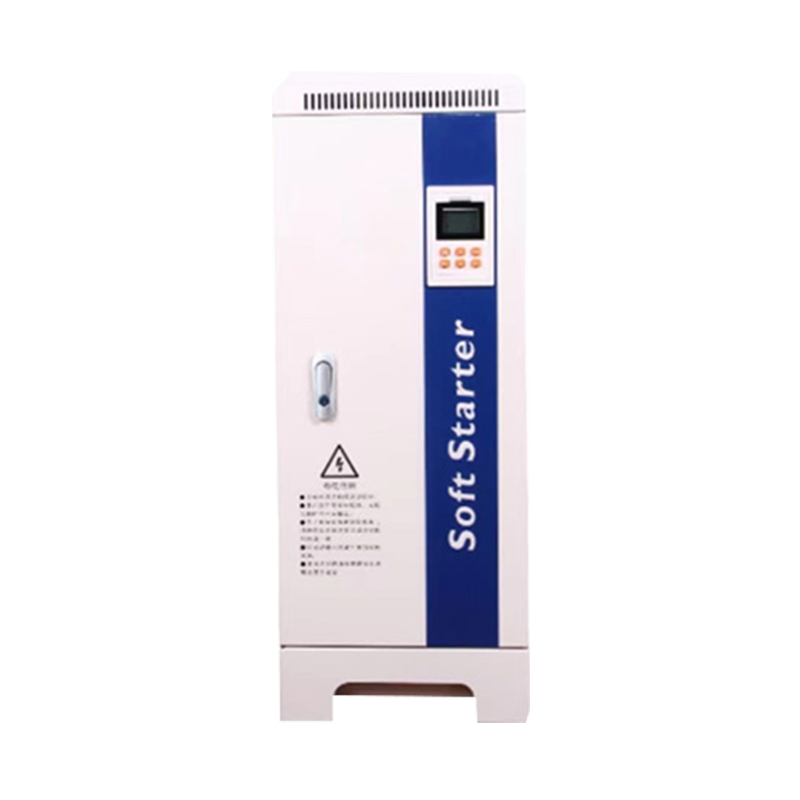
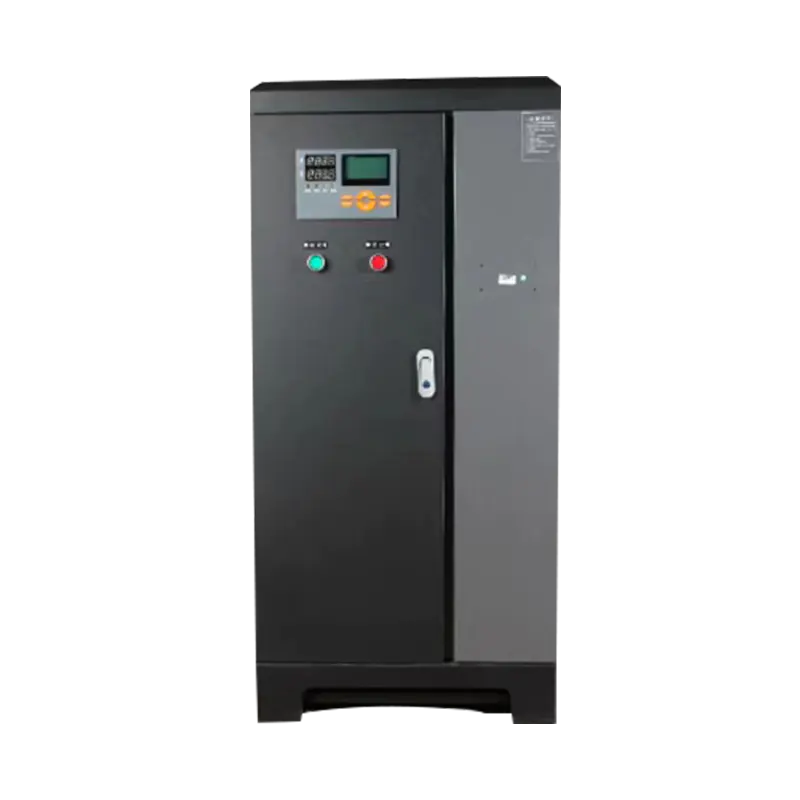

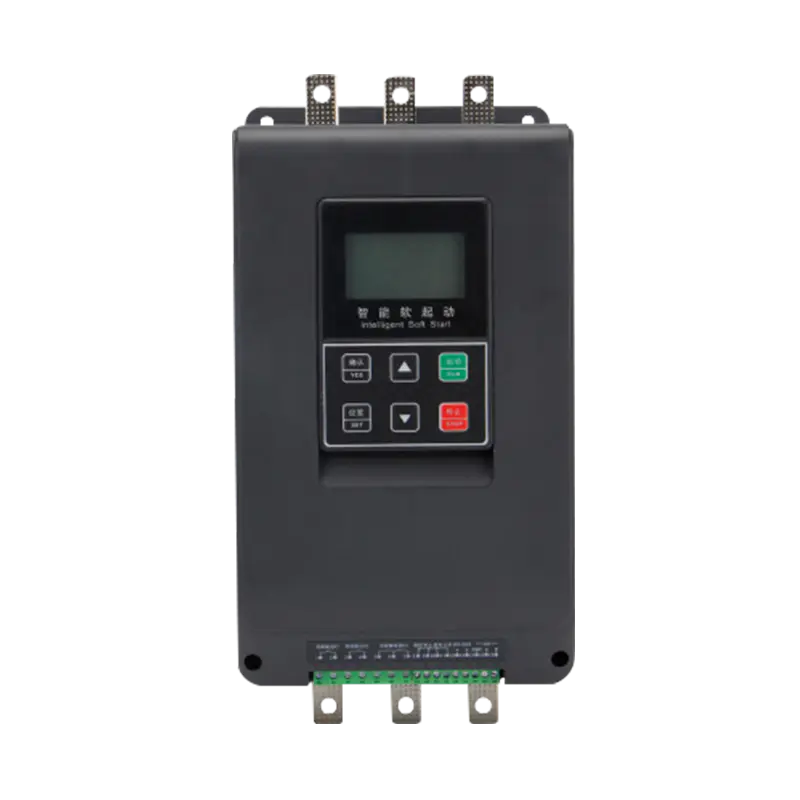

 浙公网安备33038202003754号
浙公网安备33038202003754号